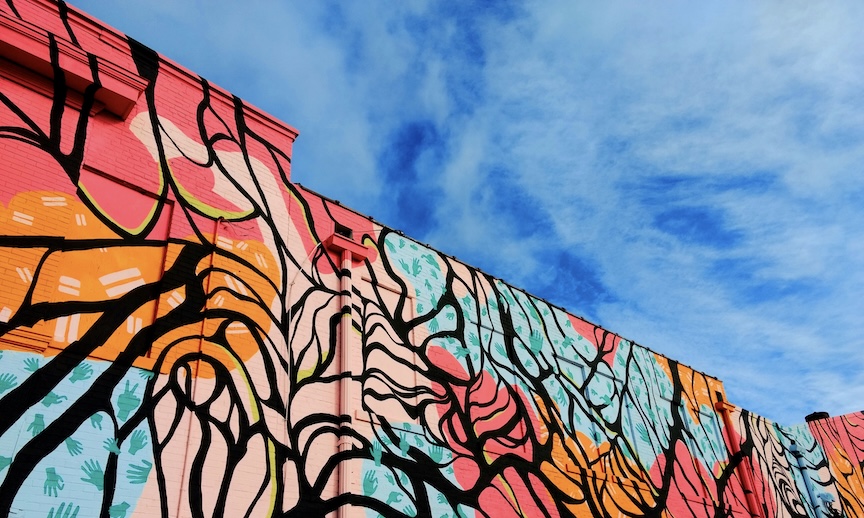I BEG YOUR PARDON
When I walk, I like to listen to podcasts, so I’ve been checking out a bunch of different shows, in different genres, on a variety of topics. It seems like every celebrity has a podcast these days, mostly interview-format, where the host invites other famous people to drop in for a chat. Some are terrific, others not so much — not everybody can be Oprah.
One that I’ve been enjoying quite a lot is Sarah Silverman’s. If you don’t know her, she’s a comedian, always outspoken and sometimes pretty raw. Her show doesn’t feature interviews (at least not the episodes to which I’ve listened). Rather, she simply muses spontaneously on topical issues, then responds on air to voicemails she’s received. It’s a thin premise, but it works because she’s so darned charismatic and sharp and engaging.
An interesting theme that I’ve noticed in the half-dozen episodes I’ve heard is how she handles apology. She’s good at it.
It’s good that she’s good at it, because she does it a lot. She apologizes to her boyfriend (and to his mother) for oversharing intimate details about their sex life. She apologizes to her dad for her swearing too much — not because she thinks there’s necessarily anything wrong with swearing but because she is trying to not over-rely on vulgarity when another word would be more effective, and she’s told her father that she’ll work on it. Mostly what has struck me, though, is how she apologizes for things she’s said in the past…
Her style of comedy for the past 15-20 years has been fairly in-your-face, provocative, confrontational, and sometimes insulting. And she is now reckoning with the fact that some of this work, when it’s replayed now, doesn’t land the same way that it did when first delivered. Maybe it worked then, but now sometimes it sounds mean or insensitive or crass (and not in a good way).
What I’ve noticed about that the way she handles this is: A) She acknowledges that she made a mistake and owns it; B) Without making excuses, she explains herself — maybe the cultural context has changed, or comedic styles have evolved, or she simply didn’t know better; C) She apologizes for her error and for whatever hurt she might have caused WITHOUT UNDERMINING HERSELF.
This last point is key for me, and what’s got me thinking this week.
Because I think a lot of us have it backwards when we do Apology. In the current political and cultural climate, to admit a mistake can be treated as a sign of weakness or defeat. So too often, we are afraid even concede that an error has happened, to say nothing about being willing to apologize for it. Sadly, though, at the very same time, often, we continue to silently undermine ourselves, living under a cloud of shame and regret for our very BEING.
There’s a causative correlation in here that I’m not sure I can untangle completely. Maybe we’re sorry for our existence because we aren’t really allowing ourselves to be sorry when we honestly mess up. Or — because we can’t apologize for what we’ve done, we apologize for who we are. However you slice it, it’s self-sabotaging and unworkable, and we should flip it around immediately!
I kind of love the phrase, “I beg your pardon!” It sounds like the Maggie Smith character, Violet the Dowager Countess, on Downton Abbey. Snooty, haughty, dripping with indignation, it often means exactly the opposite of what it says. Not a request, but an accusation. Not a real apology but a declaration of offense. It’s sarcastic, which I know is a low form of self-expression, but I can’t help but appreciate it. Sorry, not sorry.
The deliciously imperious use of this phrase notwithstanding, I’m wondering if we might reconsider it — turn it around into an authentic access to healthy apology.
HEALTHY APOLOGY — I mean expressing genuine care for those we may have hurt, learning and growing from this acknowledgement, and mindfully empowering both ourselves and each other in the process.
“Beg” probably isn’t the best word to describe what I’m talking about, because already it contains some imbalance of power, but that’s the way the phrase goes so I’ll stick with it as my title. Other than that word, though, the idea of requesting pardon for an offense feels pretty solid to me.
“Pardon me” does it nicely — it’s a straightforward request, maybe even an expectation, not a plea. It manages to uphold our own right to exist and take care of our own needs at the same time that it respectfully acknowledges others’ right to exist and the fact that we are together in this thing called Life.
Ho’oponopono is a reconciliation and forgiveness practice from indigenous Hawaiian traditions. It’s been adopted popularly in New Age circles and other therapeutic modalities since the mid-twentieth century. The modern version entails a practitioner saying to the one with whom she/he/they desires healing: “I love you. I’m sorry. Please forgive me. Thank you.” It’s simple and deeply powerful.
It’s especially powerful (and very, very difficult) in relationships in which you feel right and righteous, like the other person should be apologizing to YOU. But the thing is — when one can really own it, genuinely apologize, ask for pardon, request forgiveness — it empowers both the pardoner and the pardonee. It is mutually respectful and ennobling. I love you. I’m sorry. Please forgive me. Thank you.
Now, I’m not trying to suggest ho’oponopono as the answer to everything or applicable to every situation we’ve got on our plates right now. I’ve got plenty of conflicts in which I’m not ready or willing to go there. Maybe not yet, maybe not ever. But in any case, I find it pretty provocative to consider what might be available in it. It’s also interesting to think about what it might look like on the organizational and societal level. What might it do for international relations if we were able to authentically say, “I’m sorry” — ?
To say “I beg your pardon” in such a way that elevates everyone and diminishes no-one. To admit freely that we’ve all made a zillion mistakes that we can’t undo, and we’ve all caused a world of hurt for myriad reasons. I think that apology might free us, help us to get unstuck where we’ve been stuck, learn us and grow us so that we can create something new together.
I can’t wait to be with you online this weekend, at BOSQUECSL.ORG and VIMEO.COM/BOSQUECSL. Only a few more weeks until we’ll be able to get together in person, starting June 13, 10am, at Maple Street Dance Space! (Even after that, though, I’ll continue to share a talk online every week…) Check out our upcoming events — Storytelling tomorrow night, Beatles singalong next weekend, and the grand premiere of Bosque’s first feature film production, SQUATCH! XO, Drew
©2021 Drew Groves




